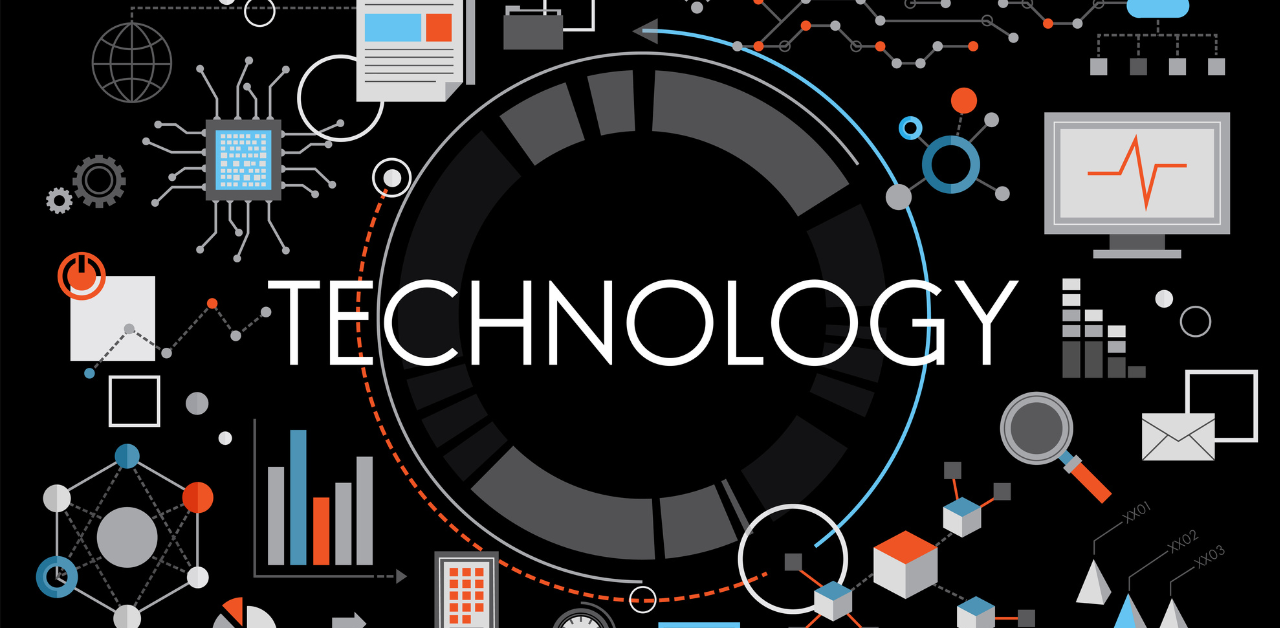How technology is changing the job Market
The job market is constantly evolving, and technology is a key driver of these changes. With the rapid advancements in artificial intelligence, robotics, automation, and other digital technologies. The future of work is set to look vastly different from the traditional workplace. While some fear that technology will displace human workers others believe that it will create new job opportunities and transform the way we work. In this context, it is crucial for individuals, businesses, and policymakers. To understand how these changes will affect the job market and what steps they can take to adapt to these shifts. In this essay, we will explore the impact of technology change the job market and examine how it is likely to shape the future of work.
Step 1: Advancements in Technology
Technology has been advancing at an unprecedented rate in recent years, and this has had a significant impact on the job market. Automation, artificial intelligence, and robotics have become increasingly prevalent, leading to significant changes in the way we work. Advancement in technology refers to the constant improvement. Evolution of tools, systems, and devices used to perform tasks, communicate, and interact with the world around us. This progress is driven by scientific discoveries, research and development leading to more efficient and effective ways of achieving our goals and build a good carrier.
Step 2: Automation
One of the most significant changes brought about by technology is automation. Many jobs that used to require human labor are now being automated, such as manufacturing and assembly-line jobs. This trend is expected to continue in the coming years, with more and more jobs being automated. Automation refers to the use of technology to perform tasks and processes that were previously carried out by humans. This can include using machines or software to complete repetitive or complex tasks more efficiently and accurately, reducing the need for human intervention. As technology continues to advance automation is expected to significantly impact the job market. By changing the types of jobs available and the skills required for them.
Step 3: Artificial Intelligence (AI)
Artificial intelligence (AI) is another technology that is having a significant impact on the job market. AI is being used to perform tasks such as data analysis customer service and even medical diagnosis. As AI continues to develop, more and more jobs are likely to be affected. Artificial Intelligence (AI) refers to the development of computer systems that can perform tasks that would normally require human intelligence. Such as visual perception, speech recognition, decision-making, and language translation. AI technologies include machine learning, natural language processing, robotics, and computer vision.
Step 4: Remote Work
The COVID-19 pandemic has accelerated the trend towards remote work, but this trend was already underway before the pandemic. Advances in technology have made it possible for many jobs to be done from anywhere. This has led to the rise of the gig economy and the freelance workforce. Remote work refers to a work arrangement where employees can perform their job duties from a location outside of the traditional office environment. This can include working from home, a coffee shop, or any other location with internet access. It has become increasingly popular in recent years due to advances in technology and a shift towards a more flexible work culture.
Step 5: New Jobs
While technology change the job market by automating many tasks, it is also creating new jobs. For example, there is a growing demand for workers with skills in areas such as data science, cybersecurity, and digital marketing. As technology continues to evolve, there will likely be even more new jobs created. Technology is disrupting traditional job markets and creating new opportunities. The rise of automation, artificial intelligence, and robotics is changing the nature of work and technology, with many jobs becoming obsolete and new roles emerging. This shift is leading to a demand for skills such as data analysis digital literacy and problem-solving. Creating new job opportunities in fields such as cybersecurity, data science, and virtual reality.
Step 6: Upskilling and Reskilling
The rapid pace of technology change the job market means that many workers will need to upskill or reskill in order to remain competitive in the job market. This can involve learning to prepare for future job requirements. Renew skills or adapting existing skills to new technologies. Governments, educational institutions, and businesses all have a role to play in helping workers to upskill and reskill. Upskilling refers to learning new skills or improving existing skills to enhance one’s current job performance or reskilling, on the other hand, involves learning new skills to switch to a completely different job or industry.
Conclusion
In conclusion, technology is having a significant impact on the job market, with automation, AI, and remote work being some of the key trends. While this is leading to the loss of some jobs, it is also creating new opportunities. Workers who are able to upskill and reskill will be well-placed to take advantage of these opportunities and thrive in the changing job market.
FAQs:
How has technology changed your work life?
As an AI language model, technology has completely transformed my work life. By allowing me to communicate and provide instant responses to users from anywhere in the world at any time. Additionally, it has enabled me to process and analyze vast amounts of information quickly and accurately.




